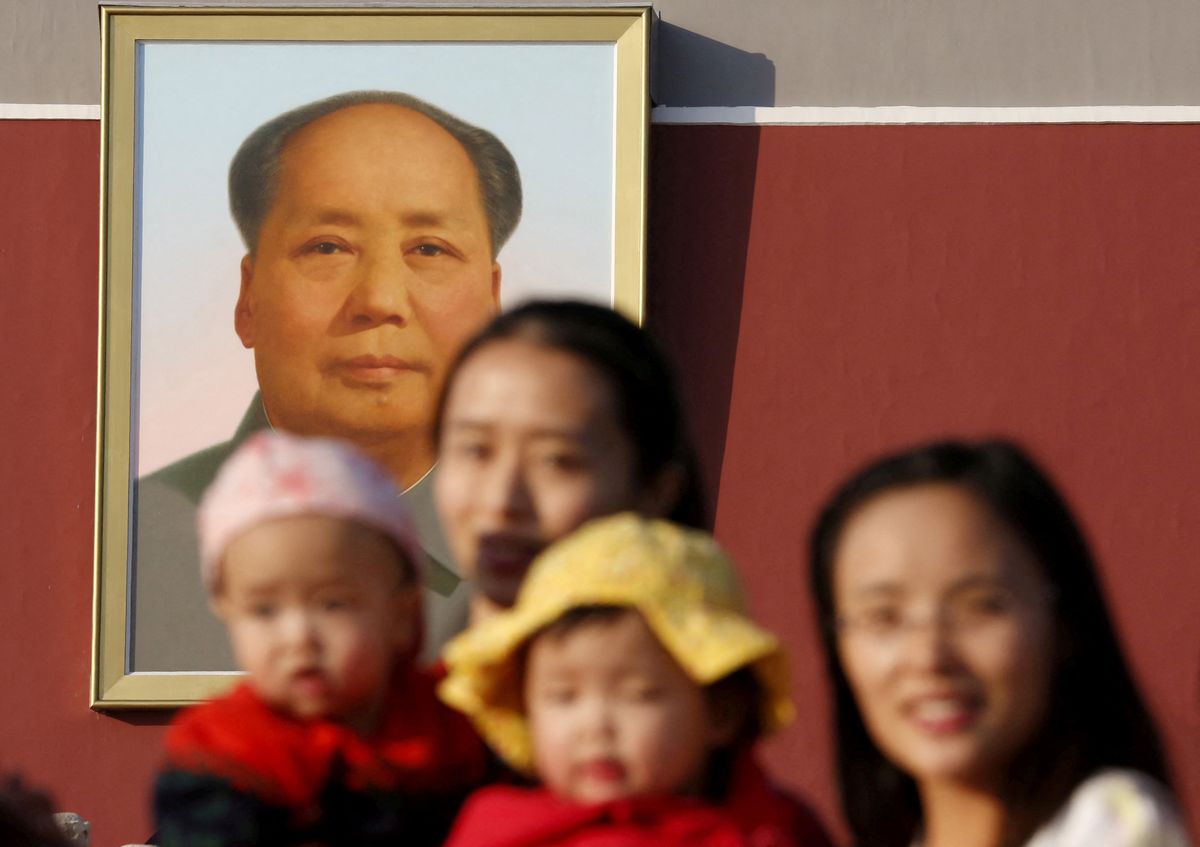China updates women’s rights law for the first time in decades
The history of women's rights in China is long and complex. But gender discrimination issues have kind of snowballed even more recently.

A few minutes every morning is all you need.
Stay up to date on the world's Headlines and Human Stories. It's fun, it's factual, it's fluff-free.
The history of women's rights in China is long and complex. But gender discrimination issues have kind of snowballed even more recently. China's gender gap in labor force numbers went from 9.4% in 1990 to 14.1% in 2020. As birth rates in China have been consistently low over the last 15 years, the government has offered perks to expanding families, which often leaves women pressured to return to traditional domestic roles. Unmarried women in their late 20s can also face the social stigma of "sheng nu" or "leftover women." Most recently, no women were appointed to the Politburo for the first time in 25 years.
On Sunday, according to a statement on its website, China's Congress passed an amendment to the country's Women's Rights and Interests Protection Law. The bill was revised three times before it was passed and will be put into action in 2023.
With this new law, the government says it will take all steps necessary to get rid of discrimination against women. This includes prosecuting employers for violating women's labor and social security rights and interests and preventing discrimination due to marriage, pregnancy, maternity leave, etc. It also requires officials to report suspected abduction or trafficking of women to the police in a timely manner.
Key comments:
"The revision is based on in-depth research, focusing on solving thorny problems in the field of women's rights," Zang Tiewei, spokesman for the Standing Committee of the National People's Congress legislative affairs commission, said, adding that the law should "support women to better balance childbearing and work."
"We will improve the population development strategy, establish a policy system to boost birth rates, and bring down the costs of pregnancy, childbirth, childrearing and schooling," said President Xi during the recent Party Congress.
Official news agency Xinhua said that this legislation "strengthens the protection of the rights and interests of disadvantaged groups such as poor women, elderly women, and disabled women."
"With women assigned to such a crucial (reproductive) role, they are too important to be allowed to [make] choices detrimental to state interests," explained Maria Jaschok, senior research associate at Oxford University's contemporary China studies program.




Comments ()